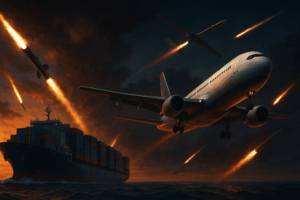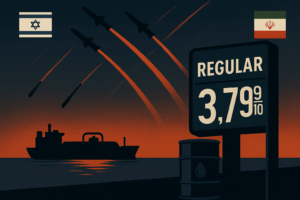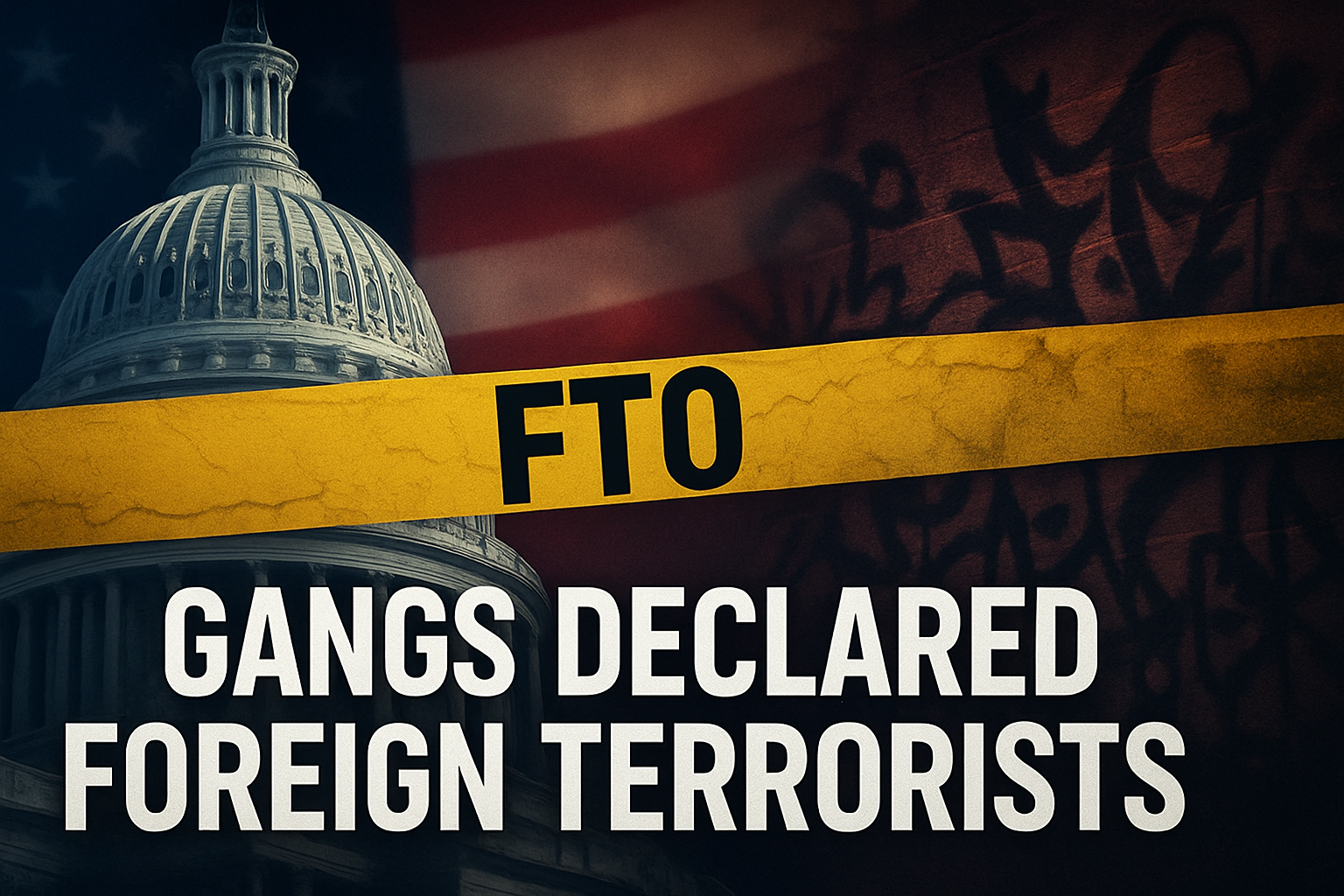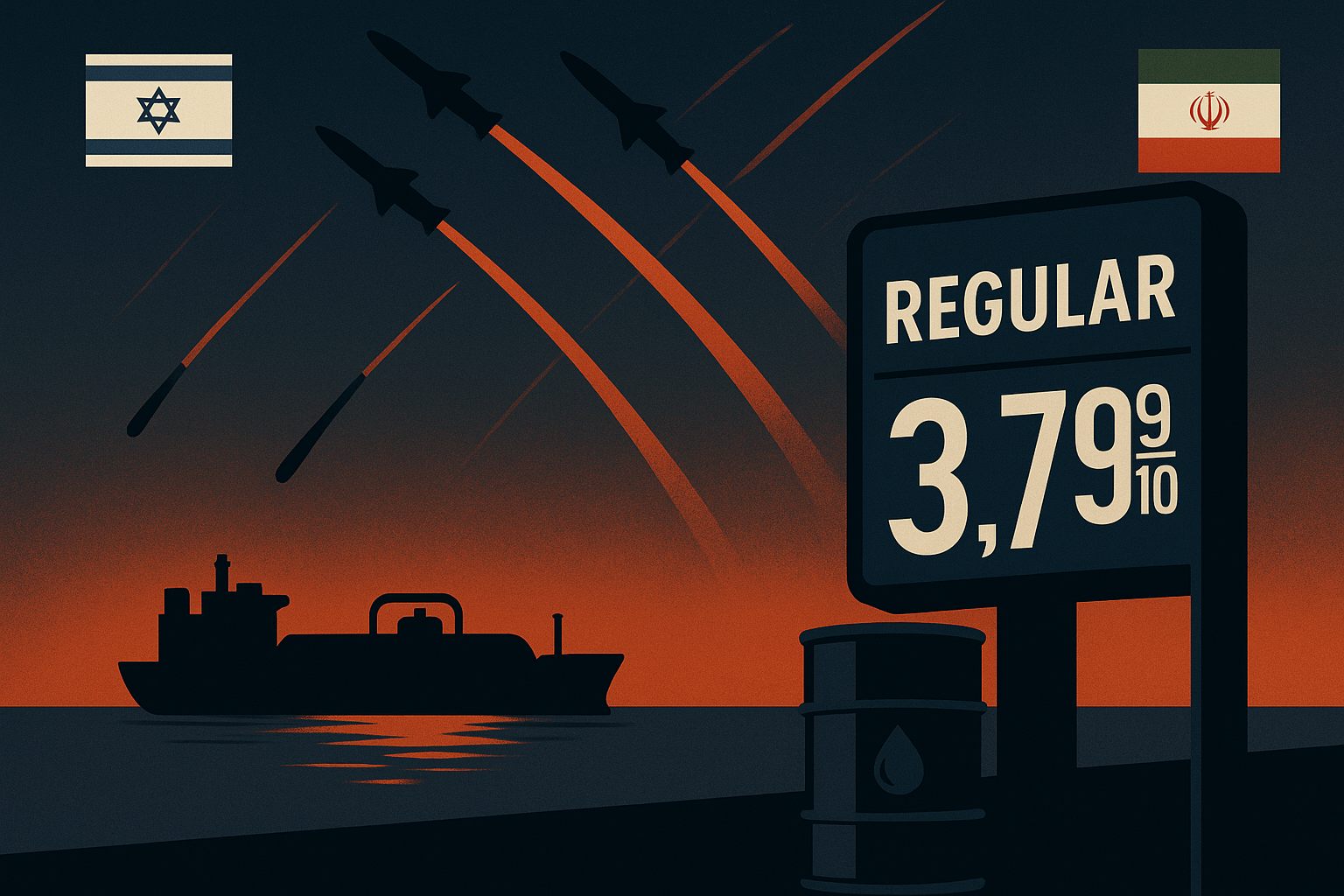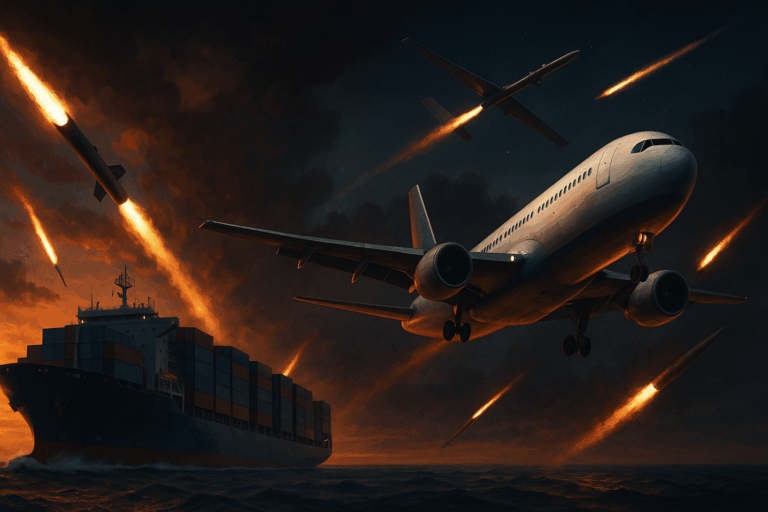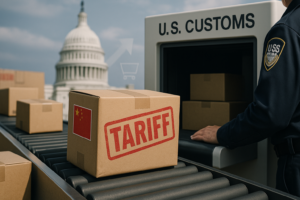The U.S. decision to label violent street gangs and drug cartels as Foreign Terrorist Organizations (FTOs) is the most sweeping expansion of post‑9/11 counter‑terror doctrine in nearly twenty‑five years. Announced on January 20 in Executive Order 14157, the policy treats profit‑driven syndicates as national‑security threats on par with al‑Qaeda, allowing prosecutors, regulators, and even the military to bring the complete terrorism toolkit to bear against criminal groups that dominate swaths of the Western Hemisphere.
Within weeks, the State Department invoked the new authority to designate eight Latin‑American cartels—including Sinaloa, Jalisco Nueva Generación, and Venezuela‑based Tren de Aragua—alongside the Central‑American gang MS‑13. On May 2, the list grew again, adding Haiti’s Viv Ansanm coalition and the splinter gang Gran Grif, which U.S. officials say now control most of Port‑au‑Prince’s port and airport and have pushed the country to the brink of state failure.
The order streamlines a process that once took months: the secretary of state can now issue an FTO label after just five days’ notice to Congress. Advocates inside the administration argue that cartels have become “quasi‑governmental actors” capable of toppling local institutions and say the compressed timetable is necessary to match the pace at which gangs shift tactics and territory.
Legally, the designation unlocks the same material‑support penalties and financial blocklists used against jihadist networks. Banks must freeze assets the moment a name appears, and any transaction—whether a cash remittance or an Uber ride—can trigger twenty‑year sentences. A January 22 Bloomberg report said compliance teams in Mexico froze over two thousand accounts within forty‑eight hours of the first cartel designations, sending shock waves through remittances, trucking, and livestock supply chains.
Foreign capitals are still calculating the fallout. Mexico’s foreign secretary warned that “blurring the line between policing and military intervention” could invite unilateral U.S. action on Mexican soil, even as lawmakers in Mexico City hurried a mirror bill through committee. Canada, facing threatened auto tariffs, followed Washington’s lead in February, adding seven cartels to its terrorism list and extending sanctions enforcement to their Canadian front companies.
U.S. security agencies are already realigning. Pentagon planners say the FTO label permits intelligence sharing—and, if the president orders direct strikes—without a separate Authorization for Use of Military Force. A WilmerHale client alert cautions defense contractors that failing to screen suppliers for cartel ties now carries “secondary liability akin to dealing with Hizballah.” On March 30, Border Patrol agents in Brunswick, Maine, cited the new doctrine when they referred two Venezuelan nationals linked to Tren de Aragua for federal terrorism prosecution.
Humanitarian consequences surfaced almost immediately in Haiti, where aid groups had to negotiate with armed coalitions to move food or medicine. Relief agencies told the Associated Press that banks have started rejecting even routine wire transfers to Haitian partners. At the same time, shipping firms demand hazard premiums to dock at gang‑held ports—an added strain as more than half the country is forecast to face acute food insecurity this summer.
Civil liberties advocates are preparing constitutional challenges, arguing that profit‑seeking cartels lack the ideological motive Congress intended when it wrote the FTO statute and that the regime criminalizes migrants coerced into paying extortion fees along their route. Commentators also note the risk that sweeping material‑support rules could chill legitimate journalism, humanitarian work, or social‑media hosting of gang‑related content—issues already surfacing in litigation tied to earlier terrorism cases.
On Capitol Hill, Republicans have drafted a bill to triple Border Patrol funding and make failure to report material support a deportable offense. At the same time, Democrats want an inspector‑general review of humanitarian fallout. Even senior officials concede there is no exit strategy: FTO listings renew every five years, and delisting usually follows a measurable decline in violence—an unlikely prospect in the near term. Whether the terrorist label deters cartels or simply pushes them deeper into the black market will shape U.S. foreign and security policy for years to come; for now, Washington has chosen its sharpest legal instrument against adversaries driven chiefly by profit, redrawing the map of homeland defense—and, like any newly drawn border, threatening to ignite as many flashpoints as it aims to erase.


